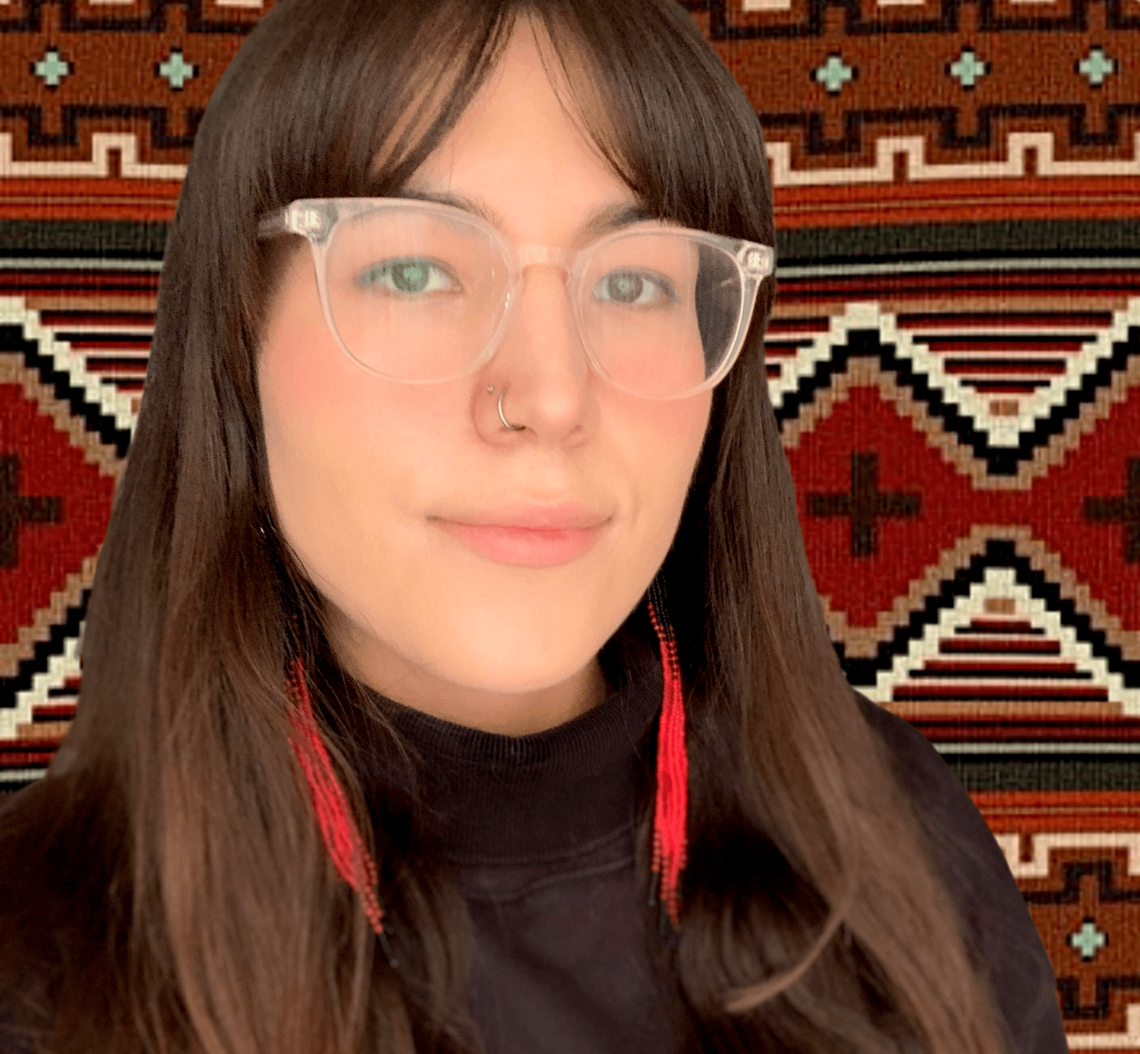Feb. 11, 2022
Congratulations to Cara Peacock

The Michael Jensen Memorial Master’s Scholarship is for students in our MA program who exemplify Michael’s qualities of scholarship, social justice activism, and participation in political discourse.
This scholarship is for a registered full-time student completing an MA in the Department of Political Science. Students must have completed the first year of the program with a minimum GPA of 3.70 in their first year. Students must also submit a one-page summary of whose actions that reflect a commitment for social justice and equality, engagement within the community and/or participation in political activities.
The Michael Jensen Memorial Master’s Scholarship was established in memory of Dr. Michael A. Jensen.
* * *
The Ii’taa’poh’to’p Graduate Scholarship. Ii’taa’poh’to’p is the Blackfoot name of the University of Calgary’s 2017 Indigenous Strategy. This scholarship is established to help fulfil commitments in that strategy by providing funding for outstanding Indigenous graduate students
Cara Peacock is working under the supervision of Dr. Gina Starblanket. Tell us a bit about what makes Cara’s work stand out.
I had the pleasure of instructing Cara in POLI 624: Advanced Seminar in Indigenous Politics in Canada and I’m also her MA supervisor. I’m so excited that her hard work, her deep engagement in Indigenous and Western political theory, and her exceptional critical thinking skills are being recognized with this award. Though there is a growing body of research within Political Science that takes Indigenous politics as its focus, there remains the need for interventions that recognize and engage deeply with the diversity of Indigenous political thought, as Cara’s research does. More precisely, her interventions help illustrate the ethical and political underpinnings of Indigenous feminist theory and action by exploring them from the ground-up. Cara is bringing forward innovative contributions to the study of Canadian and Indigenous social and political life, and I can’t wait to see what she will do next!

Cara, your own broad research interests include Western political thought at the nexus of race and colonialism, Indigenous political thought, and Indigenous feminist thought. How did you come to focus on these areas?
During my undergrad I developed an interest in early modern European political thought, social contract theory and the works of Hobbes, Rousseau, and Locke in particular. I was curious how these works constructed an image of European political life and governance against the backdrop of a ‘state of nature’, or a ‘pre-civilized’ community, of which Indigenous polities in North America were (wrongfully) thought to be a part of. Additionally, while I was largely taught the Western philosophical canon, I was much more interested in the political philosophy and anti-colonial practices of the colonized subjects. This lead me to take up Indigenous political thought, and Indigenous feminist thought in particular, to explore this under-examined but incredibly important and fruitful field of inquiry.
Can you tell us a bit about your MA thesis research?
My MA research looks at Indigenous women’s political organizing through ‘Idle No More’, a movement largely founded and led by Indigenous women, which began with a decentralized structure and no formal leadership. While Idle No More highlighted the relationship between economic development projects, environmental degradation, and violence against Indigenous women, the movement never branded itself as a ‘women’s movement’. Rather, Idle No More understood these various intersections of oppression (capitalist extraction, colonialism, and patriarchy) as interrelated and mutually reinforcing. Ultimately, my thesis examines Idle No More’s organizing and goals–upholding Indigenous sovereignty, Treaty relations, and environmental protections against the colonial, patriarchal policies and structures of the Canadian government–and how it forms a distinct theory of governance.
What’s your next steps for your research?
I plan to go on to do my PhD, where I will continue exploring my existing research interests while also expanding my interests in decolonial political thought. My proposed PhD research will look at the ‘state of nature’ tradition in Western political thought, Indigenous feminist thought, and Black feminist thought to theorize the form of settler-colonialism, which I tentatively call the ontology of settler-colonialism.
Congratulations to Cara Peacock on your 2020–21 The Michael Jensen Memorial Master’s Scholarship & 2021 The Ii’taa’poh’to’p Graduate Scholarship!
To find out more about our paper prizes and past prize winners, please visit the Political Science website.
